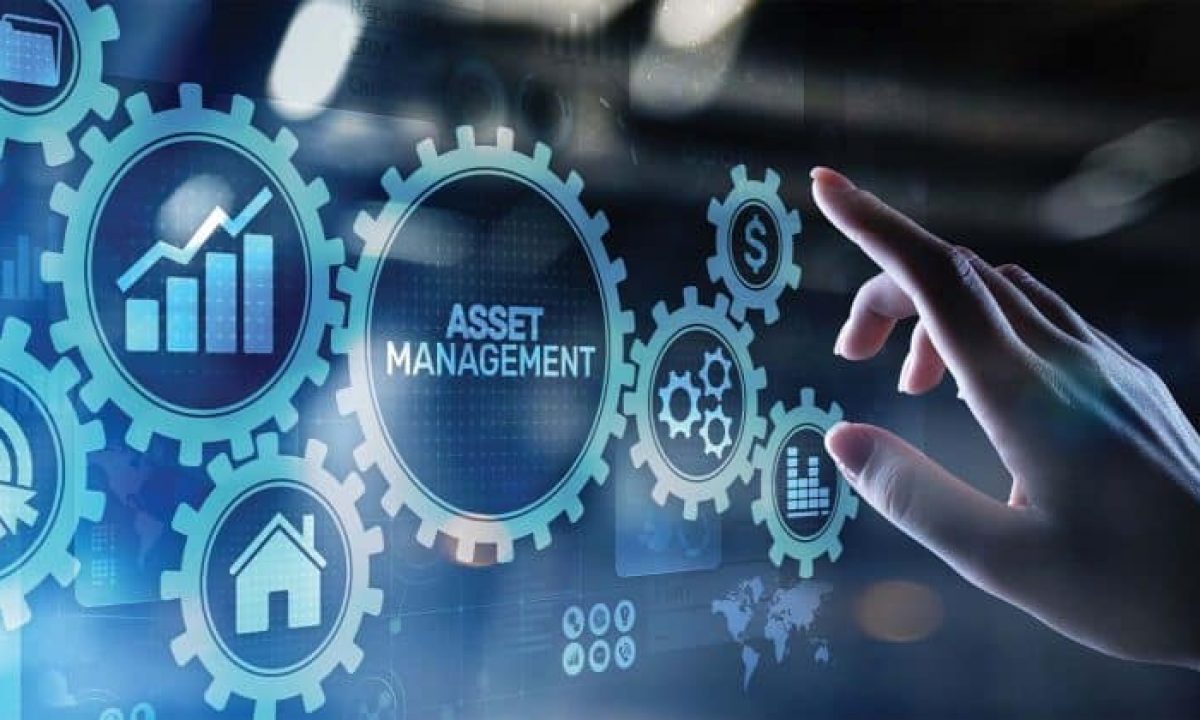
The Jair Bolsonaro administration reached its last year resorting to “cheap electoral populism”, “totally irresponsible” and reminiscent of the “worst practices of the PT [Workers Party] government”. This is the assessment of the monthly letter to clients of Verde Asset Management, headed by Luis Stuhlberger. In the report entitled “Economic Flat Earth Theory”, chief economist Daniel Leichsenring states that, in virtually all areas of activity, “what was seen was a disaster.”
He cites the “deliberate attitude of postponing the immunization and insistently acted against it”. In the economic sphere, he says, “we saw a Ministry of Economy working on a forced march to destroy the spending cap, in partnership with the president” and other allies. The economist recalls the “meteor” of the so-called “precatórios” (court-ordered payments, postponed by a new law to avoid breaking the spending cap), the “complete destruction” of the credibility of the cap and the Fiscal Responsibility Law (LRF), amended to accommodate spending on electoral funds and congressional earmarks, “under the lame excuse of serving the poorest with the [new cash-transfer program] Auxílio Brasil”.
From 2021 to 2022, there could be “some scope to imagine that the worst was behind us,” says the economist. “Great mistake. In an effort to try to reverse the absolute unpopularity of his government, behold, the president reveals an infallible plan: to reduce taxation on fuel and electricity.”
In his assessment, the idea of eliminating fuel taxes “is a complete madness” and “can’t resist a minute of considerations about its quality”. Mr. Leichsenring also notes that the idea is based on the “shocking justification” that there is excess revenue. Verde estimates a nominal deficit close to R$730 billion in 2022, and could reach R$800 billion, at least, with the exemption. Debt would rise to 85% in 2022 from 80.3% of GDP in 2021. “Of course, given this dynamic, the interest rate will end up snowballing,” he stated.
With the return of high interest rates and foreigner investors to the Brazilian stock market, the market’s natural reaction, however, is not taking place, according to Mr. Leichsenring. He says he hopes that people will realize that the path traced by the government “will be as disastrous for the economy as the one implemented in the PT government.” For him, there is still time “to find a viable political alternative for Brazil”.
The Verde Asset team’s explicit disappointment is increasingly finding resonance among asset managers. As they take care of third-party money, political developments in the macroeconomic scenario are followed up with diligence, as they are part of the fiduciary duty of these professionals and worth a result in the quota.
The perception is that Mr. Leishsenrig translated a feeling that is becoming increasingly widespread in the asset management segment. “Today, a new Bolsonaro government means the continuity of this fiscal mess and with a chance of getting worse because the government is clinging to power,” says the CEO of a specialized asset management. Economy Minister Paulo Guedes, who took over a ministry with superpowers in 2019, is today evaluated as good at rhetoric, but bad at work, always blaming a third party, continues the manager. “He gave himself totally, showed that he is there for power”.
Although the cards of the electoral game are not all on the table because the candidacies have not been defined, there are those who believe that a “remake” of the Bolsonaro government would mean the depreciation of the so-called “Brazil kit”– with devaluation of shares, the real and high interest rates. term, a thermometer for country risk – more than any other candidate that proves to be capable of being elected.
The approach of former president Lula da Silva to the ex-governor of São Paulo Geraldo Alckmin, if materialized, would make impossible the ascension of a third name, so desired by the market, but would bring a more central hue to the left wing of the Workers Party. The flow of foreign capital into Brazilian stocks in the first month of the year is a sign that foreign investors are more willing to see Mr. Lula da Silva return than to face a second Bolsonaro term, as Rogério Xavier, founding partner of SPX, said in a recent presentation.
In Brazil, investors are usually net bought in local assets because the government is the big issuer of fixed income, and companies, of stocks, says Sylvio Castro, founding partner of Grimper. At the beginning of Mr. Bolsonaro’s term, there was a perception that the overhaul agenda initiated by the team of former president Michel Temer would continue and that it would be a fiscalist government, he says.
He sees the inflow of foreign capital at the beginning of the year as a punctual rebalancing of investors’ portfolios, but believes that this flow tends to lose pace, returning to the menu of low GDP, high interest rates and strengthening of the dollar prices, with companies and families paying the bill.
Source: Valor International
